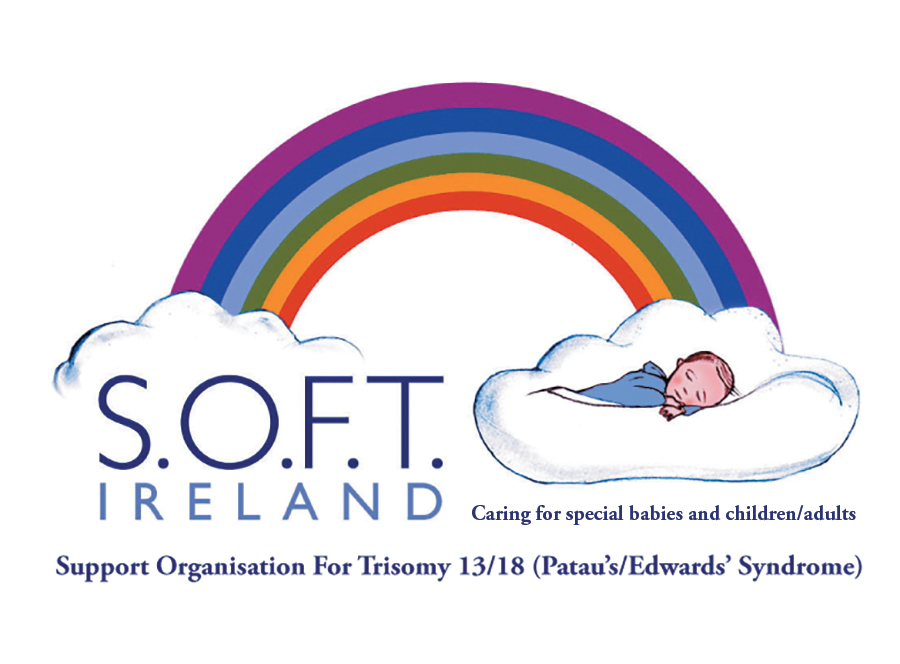 Today is Trisomy 13 (Patau’s Syndrome) Awareness Day
Today is Trisomy 13 (Patau’s Syndrome) Awareness Day
Thursday 13 March 2025
Let us remember all our special T13 babies today and light a candle
Why Our Baby? WHY TRISOMY 13 or 18?
Babies have been born with Trisomy 13 and Trisomy 18 since the beginning of time, but it was only in 1960 that Dr Patau and Dr Edwards identified the individual features of these syndromes. Both syndromes are the result of an extra l3th or l8th chromosome, respectively, being present in each cell.
Anyone can have a baby with Edwards’ or Patau’s Syndrome. It is uncertain why a baby is conceived with this condition; however, it should be noted that the condition does not usually run in families and is not caused by anything the parents have or have not done.
According to the Miscarriage Association of Ireland, one in five of all pregnancies ends in miscarriage, with the most common reason for a miscarriage given as a chromosome abnormality that causes the pregnancy not to be viable.
A high proportion of Trisomy 13 and Trisomy 18 pregnancies end in miscarriage within 12 weeks of conception. It is therefore quite rare for such a pregnancy to continue to full term. The incidence of Patau’s Syndrome/Trisomy 13 is about 1 in 10,000 of newborns, with boys and girls affected in equal numbers. The incidence of Edwards’ Syndrome/Trisomy 18 is about 1 in 6,000 live births. Three times as many girls as boys are affected.
The risk of conceiving a baby with a chromosomal disorder increases with maternal age. The average age of a mother giving birth to a baby with Trisomy 13 or Trisomy 18 is 32 years. However, as most babies are born to mothers in their twenties and early thirties, on average many babies with Trisomy 13 and 18 are born to women of this age.
Unless there is an inherited genetic problem, it is rare to have a second baby with the same disorder. However, if you are considering having another baby, it is worthwhile to seek the advice of your obstetrician about genetic counselling
